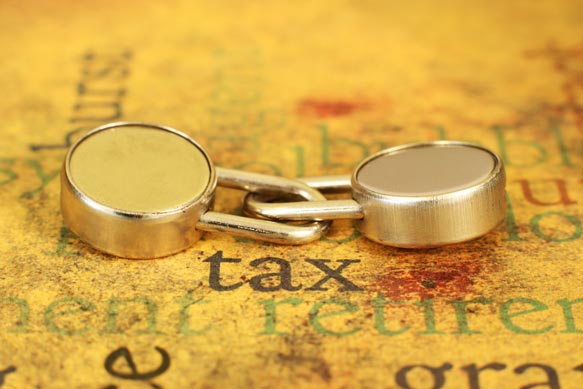The Australian Taxation Office has put the hard word on ride-sharing drivers and the wider gig economy, reminding drivers working for platforms like Uber about the importance of meeting their GST obligations next tax time.
The tax office determined in 2015 that ride-sharing and ride-sourcing drivers should be classified in the same way as taxi drivers for GST purposes, meaning they must register for an Australian Business Number and for the GST even if they are under the $75,000 threshold.
Uber appealed the decision in the Federal Court earlier this year but lost, and since then the ATO has been periodically reminding drivers of their tax obligations.
However, the tax office says the message isn’t getting through, with ATO assistant commissioner Tom Wheeler saying in a statement that the tax office has notified over 120,000 ride-sharing drivers over the past 18 months regarding their tax obligations.
“We know that most drivers do the right thing, and we are now focusing attention on the minority of drivers that are not currently meeting their obligations,” Wheeler said in a statement this morning.
“Our message to taxpayers is that if you have a ride-sourcing enterprise you must get an Australian Business Number and register for GST as soon as you start driving. You also need to include the income on your tax return at tax time.”
Wheeler notes the ATO is sourcing information “directly” from banks and facilitators, and warns “we know who you are, and we know if you aren’t correctly meeting your obligations”.
“This isn’t a black economy issue,” says Lisa Greig, SME and start-up tax specialist at Perigee Advisers.
“The money’s going through Uber and into a bank account, [and] it will be found.”
Companies should remind workers of GST obligations
Wheeler says if ride-sharing drivers who have not registered for GST continue to ignore the ATO’s prompts, the tax office will register the drivers itself and then backdate the registration to their first ride-sharing payment.
“[The drivers] will be required to lodge and pay all outstanding tax obligations. Penalties and interest may also be applied,” he says.
Greig tells SmartCompany she believes many of these outstanding cases would be drivers who maybe did a few trips for a ridesharing app over a couple of weeks, made around $60 dollars, and then haven’t driven again.
“Those people still have to be registered for GST,” she says.
Businesses who employ a significant number of these ride-sharing type contractors – such as Uber – should have a “duty of care” to inform workers of their GST obligations, believes Greig.
SmartCompany understands Uber drivers are directed to the ATO’s ride-sharing information page and notified of their obligation as part of the signup process, but Uber is unable to sign them up when a driver registers on the platform, because Uber not a registered tax agent.
Other companies working with similar types of contractors should take a similar course in informing them about GST obligations, because companies should make it “as simple as possible” for workers.
However, one reason the ATO is having to chase people now might come down to the slackness of the drivers, Greig says, suggesting that signing up for an ABN and GST would likely take less time than signing up to drive with Uber.
“People who forget to register for GST are like those people who forget an old bank account has $2 of interest in it when it comes to tax time.”
Looking to the future of tax reporting, Greig says it won’t be surprising if Uber driving income is automatically detected by the tax office in future.
“But with where this is all going, in the future all your ride-sharing data will just get populated in MyTax come tax time and you won’t have to worry.”


